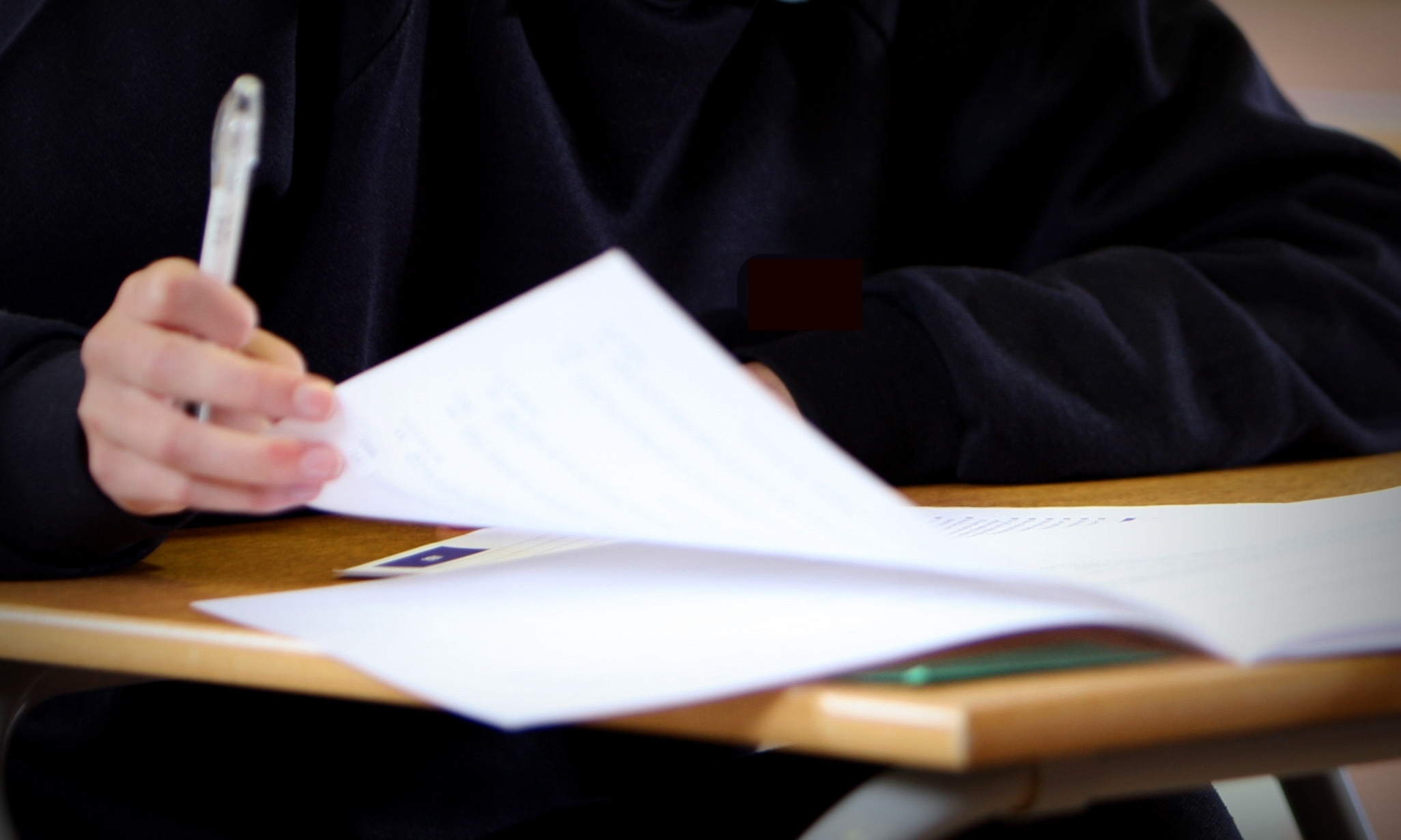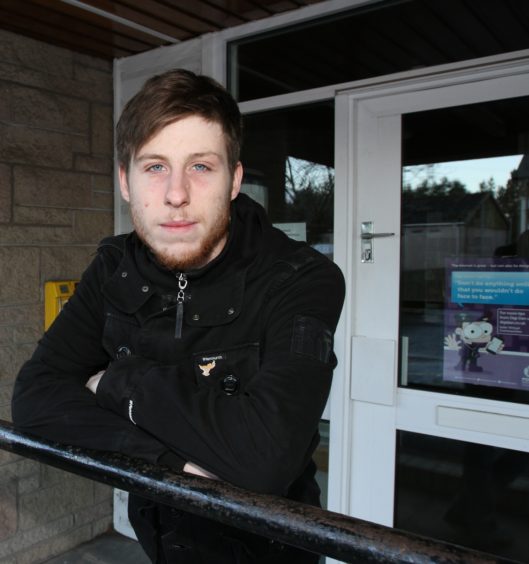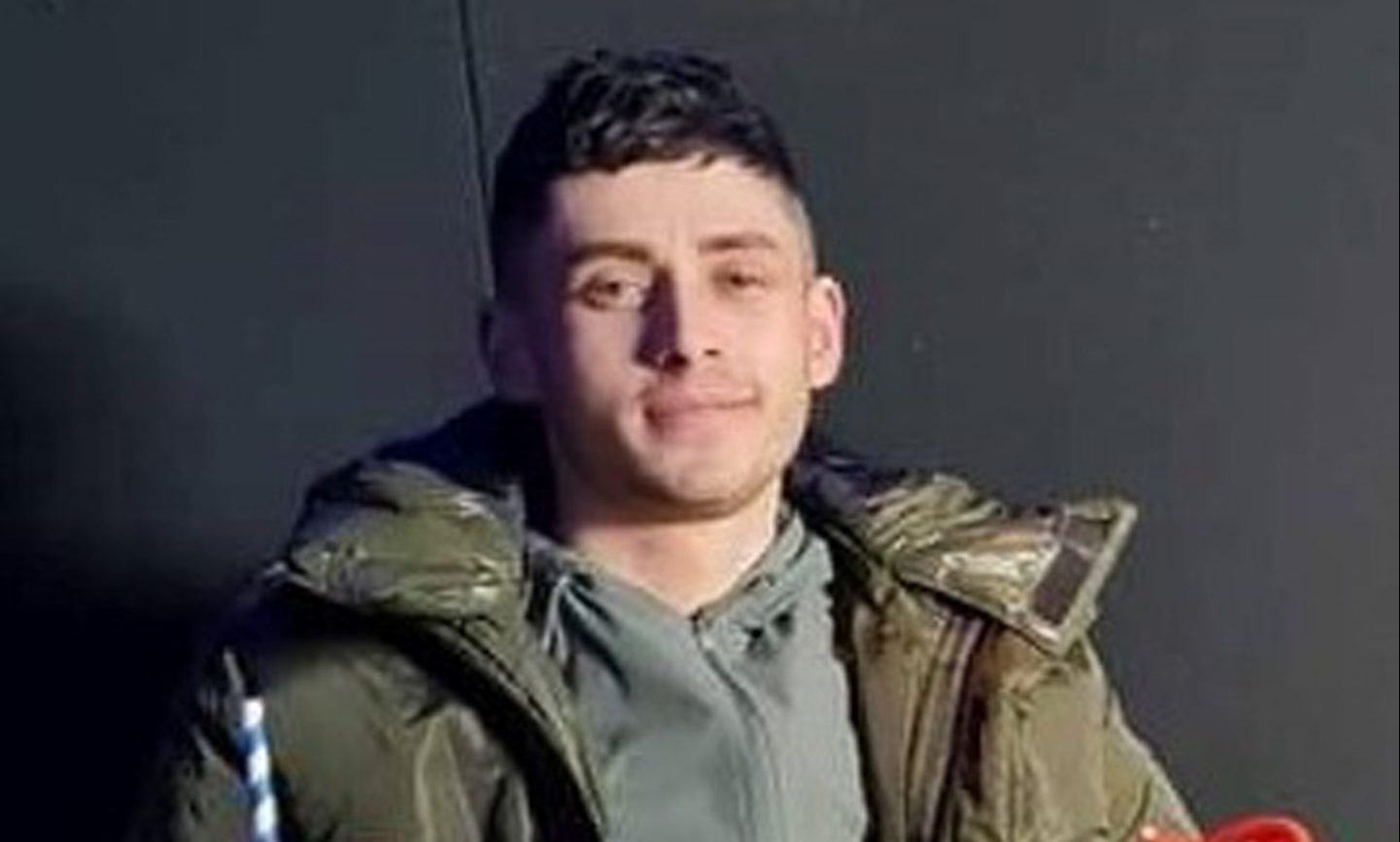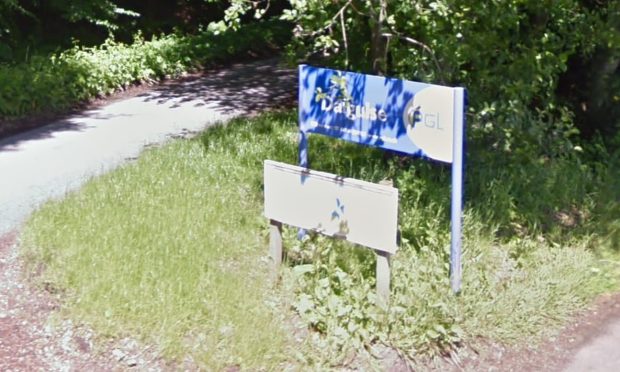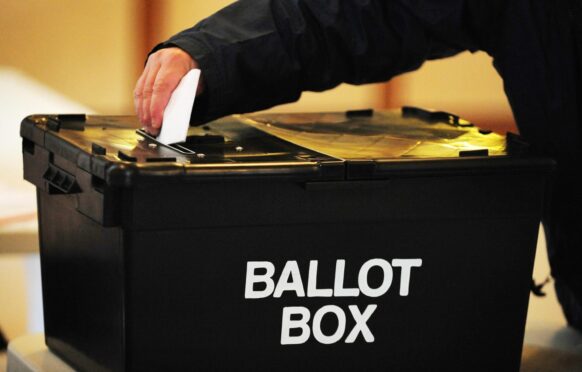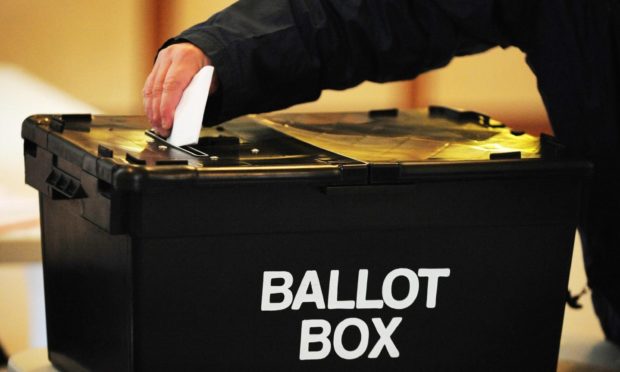Stressed-out students in Tayside and Fife have been urged to get help if things get too much.
Angus Liberal Democrat councillor Ben Lawrie is urging those affected to break a taboo and talk about mental health after managing his own personal demons.
Mr Lawrie attempted to take his own life in 2013 as he struggled with depression while studying at Dundee College, despite doing well in his course work and being in a happy relationship.
He was elected to Angus Council in 2017 and has continued to speak openly about his struggles since taking up the post.
“Exams can be a huge source of stress for students,” he said.
“A little bit of stress is healthy and gives us the motivation to do the things we need to do.
“However, it can be easy to lose perspective as the weight of your future rests on your shoulders.
“Almost 60% of students responding to a recent survey said that they are ‘very stressed’ by their upcoming tests.
“On my own personal journey in managing my depression, it took me a while as a student to realise that my mood cycles were closely linked to the exam and coursework cycle.
“I noticed that my mental health was always at its lowest when coursework submissions were imminent.
“On top of this, if you’re involved in extracurricular activities, your sense of commitment to your responsibilities and your studies can easily overtake your commitment to your own well-being.”
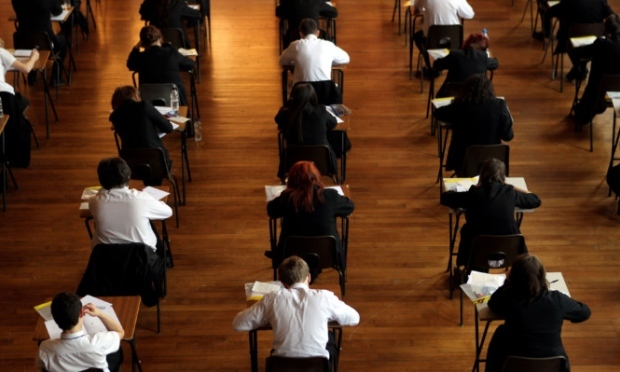
The St Andrews University graduate told students they are not alone and has highlighted the work of a campus-based service for people who find themselves in distress.
Nightline has been operating for almost 50 years with more than 2000 specially trained student volunteers nationwide.
There are currently 42 Nightlines covering 113 institutions that reach 1.8 million students including Dundee University and St Andrews University.
Open from 9pm to 9am every night of term, the trained volunteers lend a listening ear to any student that is in need of it.
“Over the years I’ve watched the stigma surrounding mental health get weaker and weaker,” said Mr Lawrie.
“People are much more willing to talk and much more willing to listen.
“This is remarkable progress that we shouldn’t take for granted and the challenge now is to make sure that adequate support is there when people ask for it.
“Mental health services are still critically lacking – understaffed, underfunded and with waiting times we wouldn’t tolerate in other spheres of healthcare.
“Nightline is a student listening service which is open at night and run by trained students for students.
“You can talk to them about any issue no matter how big or small, whether you’re struggling with mental illness, or just feeling a little homesick.
“You can get in touch with your university’s Nightline via call, email, text or their instant messenger service.
“Don’t be afraid to get in touch – there’s nothing to lose and you might just feel a little better for it.”
